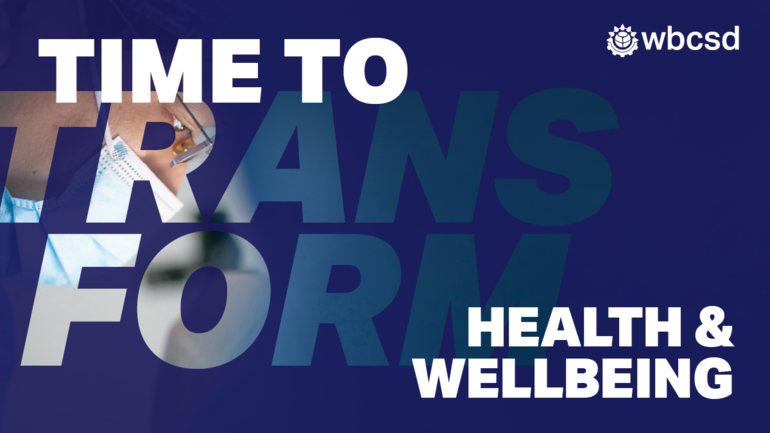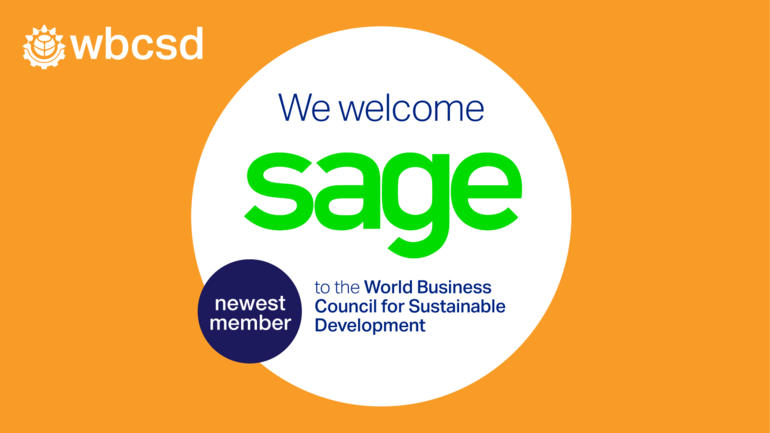Work is the engine at the center of our economies and skills are its most important ingredient. Work, and skills to fuel it, lie at the heart of the World Business Council for Sustainable Development’s Vision 2050 where over 9 billion people live well, within the limits of the planet, and is essential for the achievement of the Sustainable Development Goals (SDGs).
Without the right skills, workers, particularly those from disadvantaged groups (women, young, ethnic minorities, low-skilled workers), will find it more and more difficult to find the work they need to live well.
New technologies, socio-economic developments and critical events like COVID-19, are placing the world of work in a state of constant flux, creating opportunities but also exacerbating inequalities. As we begin to recover from the pandemic, many businesses will lack the relevant skills needed to be successful in the future.
Even before COVID-19, business leaders were concerned about finding, keeping, and developing the talent required for the modern world. In this context, recruiting people with the right skills for current and future business needs has become increasingly complex and the effectiveness of business-as-usual workforce strategies is progressively being challenged by these new realities.
This brings Human Resources (HR) executives into the ‘eye of the storm’, reinforcing their strategic role in ensuring business continuity, resilience and growth while contributing to a future where both business and society don’t just react and adapt to disruption, but thrive. A future with inclusive workforces that are secure, motivated, skilled and prepared for any challenge that comes next. And where people are empowered and prosper from equal access to new opportunities.
In this vision of a people-centered world of work, effective skills development plays a fundamental enabling role. With this is mind, WBCSD’s Future of Work project has established a dedicated working group for businesses to share experiences, distil best practices, develop collaborative solutions and address key issues around skills development.
Building on these discussions, and based on real-life experiences from 16 leading companies, WBCSD and the Global Apprenticeship Network jointly launched last week a guide targeting Chief Human Resource Officers (CHROs).
Based on real-life experiences from a range of organizations, the guide brings to life the importance of designing and implementing comprehensive skills development strategies for creating future-proof businesses and a more sustainable future of work. Furthermore, the guide shares best upskilling practices and provides business decision makers – in particular CHROs – with guidance and inspiration to strengthen their companies by empowering people through relevant skills and increasing decent employment opportunities.
By doing so, CHROs can contribute to “inclusive and equitable quality education and promote lifelong learning opportunities” (SDG 4) as well as “promoting full and productive employment and decent work for all” (SDG 8).
This is an immense opportunity for business to reinforce social cohesion, reduce inequalities and have a significant positive impact on society. Please join us in this endeavor!
Filippo Veglio is Managing Director & Senior Management Team, World Business Council for Sustainable Development (WBCSD)
Nazrene Mannie is Executive Director, Global Apprenticeship Network (GAN Global)








